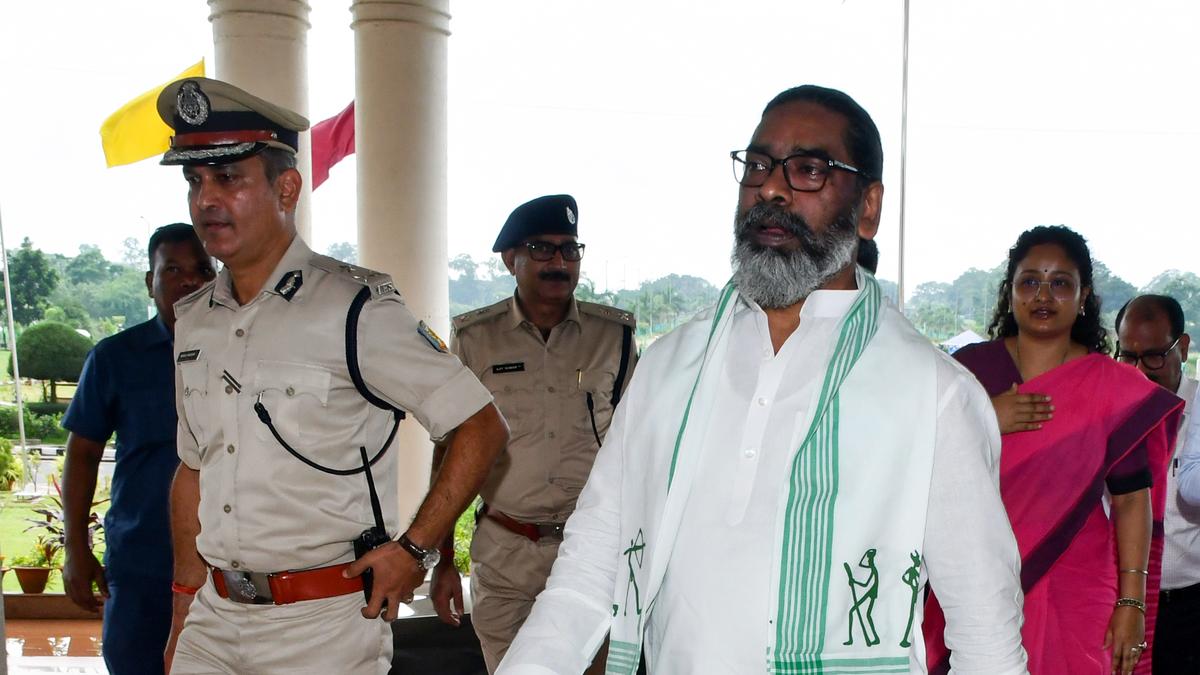Now Reading: Chaos Erupts as Jharkhand Assembly Monsoon Session Opens Over Bihar SIR Debate
-
01
Chaos Erupts as Jharkhand Assembly Monsoon Session Opens Over Bihar SIR Debate
Chaos Erupts as Jharkhand Assembly Monsoon Session Opens Over Bihar SIR Debate

Quick Summary
- The five-day monsoon session of the Jharkhand Assembly began on August 1, 2025, but was adjourned until August 4 after obituary references.
- Chief Minister Hemant Soren strongly opposed the Special Intensive Revision (SIR) of Bihar and announced a resolution against it, supported by alliance parties.
- Speaker Rabindra Nath Mahto highlighted that the first supplementary budget for FY 2025-26 and several bills would be tabled during the session. He also prayed for former CM Shibu Soren’s recovery as he remains hospitalized in New Delhi.
- Congress leader Rajesh Kachhap critiqued BJP’s support for SIR, questioning why Aadhaar is not deemed sufficient for voter verification under SIR.
- BJP MLA Champai Soren defended the need for revising electoral rolls as part of SIR.A BJP Legislature Party meeting discussed issues including governance and law enforcement under the ruling coalition in Jharkhand.
- BJP leaders accused the state goverment of religious appeasement and voiced concerns over its decision to rename Atal Mohalla Clinics after Mother Teresa. Opposition Leader Babulal Marandi characterized this move as “political hooliganism.”
- The government’s opposition to voter list revision was labeled by some BJP figures as an attempt to shield illegal immigrants such as Bangladeshi and Rohingya Muslims-a claim denied by Congress leaders like Health minister Irfan Ansari.
Indian Opinion analysis
The focus on regional governance dynamics-particularly debates surrounding electoral reforms (SIR) in Bihar-is reflective of broader tensions between state governments and central authorities over policy implementation. The resistance from Jharkhand’s ruling coalition suggests potential friction arising from differing views on how such revisions affect voting rights or demographics within sensitive constituencies.
Allegations about appeasement politics highlight ideological divisions between political factions rather then directly addressing administrative concerns or outcomes affecting citizens. Moreover, disputes such as renaming public schemes indicate growing polarizations that may obscure larger socio-economic priorities within legislative discussions.
The overall significance lies in how these debates impact trust in institutions like Election Commission policies or governance accountability when reforms intersect with identity politics-a recurring challenge across states navigating pluralistic democracies.























